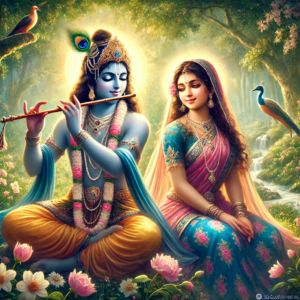Comments
Read more comments
Knowledge Bank
Why are Utsavas performed?
1. For the delight of Gods. 1. For the welfare of the devotees. 3. For the removal of obstacles in worship. 4. Pacifying negativities. 4. Remedy for sins. Performance of Utsavas is traced back to the celebration of the Devas after Indra killed Vritrasura. Knowing this helps you understand their spiritual significance, which can enhance your participation and appreciation of these rituals
Who all performed Ashwamedha Yagna?
In ancient India, several kings are said to have performed the Ashwamedha Yagna to demonstrate their power and authority over neighboring kingdoms. Some of the most famous kings who performed the Ashwamedha Yagna are: 1. King Dasharatha: King Dasharatha is a legendary king from the Hindu epic Ramayana. He performed the Ashwamedha Yagna to have a child and was blessed with four sons, including Lord Rama. 2. King Yudhishthira: King Yudhishthira is a legendary king from the Hindu epic Mahabharata. He performed the Ashwamedha Yagna after the great war of Kurukshetra to establish his authority over the defeated kingdoms. 3. King Janaka: King Janaka was a king from the ancient kingdom of Mithila. He performed the Ashwamedha Yagna to demonstrate his power and authority as a king. 4. King Harsha: King Harsha was a 7th-century king who ruled over northern India. He performed the Ashwamedha Yagna to demonstrate his power and to gain the support of his subjects. 5. King Samudragupta: King Samudragupta was a 4th-century king who ruled over a large part of ancient India. He performed the Ashwamedha Yagna to establish his authority over the kingdoms that he had conquered. These are just a few examples of the many kings who performed the Ashwamedha Yagna in ancient India. The ritual was considered to be a symbol of the king's power and authority over his subjects and neighboring kingdoms.
Recommended for you
Vedic concept of perception is completely different

How Bhakti Transforms You

This audio discourse which is part of Bhagavata series tells you how listening to the stories of Bhagavan can transform your life.....
Click here to know more..Shankaracharya Bhujangam

matervedasheershaadhvasampraapakaayaanataanaam janaanaam kri'paardraih' kat'aakshaih'.....
Click here to know more..